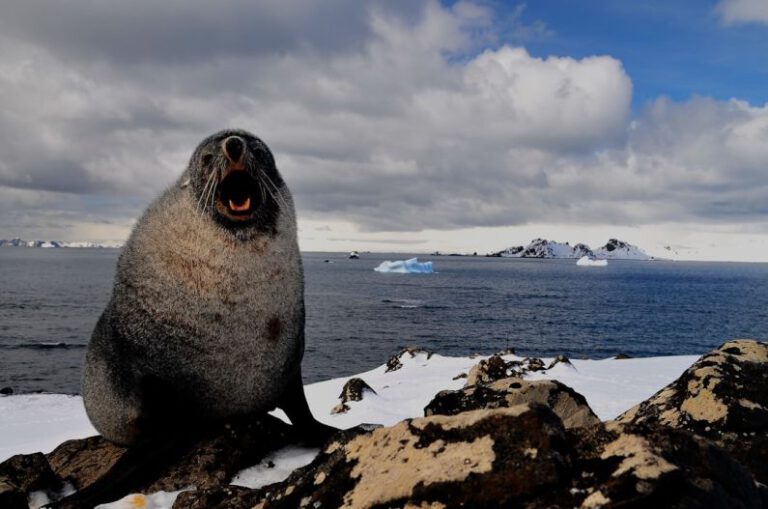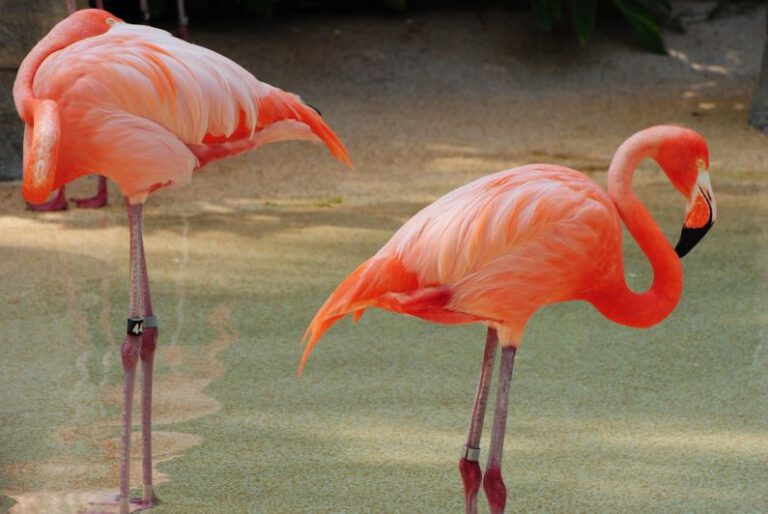Can We Find New Fruits or Vegetables on Unknown Islands?
Explorers and adventurers have long been fascinated by the idea of discovering new lands, especially uncharted islands. The allure of these mysterious and remote locations lies in the potential for finding unique and undiscovered species of plants and animals. In particular, the prospect of stumbling upon new fruits or vegetables that have never been seen or tasted before is an exciting thought. But can we really find new fruits or vegetables on unknown islands?
Uncovering Hidden Treasures
The vast oceans that cover our planet still hold many secrets, with countless islands remaining unexplored or uninhabited. These remote and isolated land masses provide the perfect opportunity for new species to evolve and thrive without human interference. It is not uncommon for indigenous people living on these islands to have their own unique fruits and vegetables that are not found anywhere else in the world.
In recent years, there have been several instances where explorers and scientists have discovered previously unknown plant species on remote islands. These findings serve as a reminder of the incredible biodiversity that exists on our planet, waiting to be uncovered and studied. The potential for finding new fruits or vegetables in these uncharted territories is certainly a real possibility.
Adaptation to Unique Environments
One of the key factors that contribute to the evolution of new plant species on isolated islands is their ability to adapt to the specific environmental conditions of their surroundings. Islands often have distinct climates, soil compositions, and ecosystems that are different from those found on the mainland. This provides a fertile ground for plants to evolve and develop unique characteristics that make them well-suited to their island habitats.
For example, certain fruits or vegetables may have adapted to thrive in sandy, nutrient-poor soils or in regions with high levels of rainfall and humidity. These adaptations can result in the emergence of new varieties that possess qualities not seen in plants from other parts of the world. By exploring uncharted islands and studying the flora that grows there, scientists may uncover fascinating new species of fruits or vegetables that have evolved in response to their island environments.
Cultural and Culinary Discoveries
The discovery of new fruits or vegetables on unknown islands can also have significant cultural and culinary implications. Indigenous peoples who have inhabited these islands for generations may have a deep knowledge of the plants that grow in their surroundings and how they can be used for food, medicine, or other purposes. By learning from these communities, researchers can gain valuable insights into the potential uses of these new plant species.
Furthermore, the introduction of new fruits or vegetables into the global market can open up exciting possibilities for chefs, food enthusiasts, and agricultural industries. These novel ingredients can inspire innovative culinary creations and contribute to the diversification of food sources around the world. The unique flavors, textures, and nutritional profiles of these new fruits or vegetables can enrich the gastronomic landscape and offer consumers a taste of the unknown.
Exploring the Unknown
In conclusion, the idea of finding new fruits or vegetables on unknown islands is not just a figment of our imagination—it is a real possibility that continues to captivate the minds of explorers and scientists alike. The allure of uncovering hidden treasures, studying plant adaptations, and making cultural and culinary discoveries drives the exploration of remote and uncharted lands. As we continue to push the boundaries of our knowledge and venture into the unknown, who knows what delicious surprises await us on the horizon.






